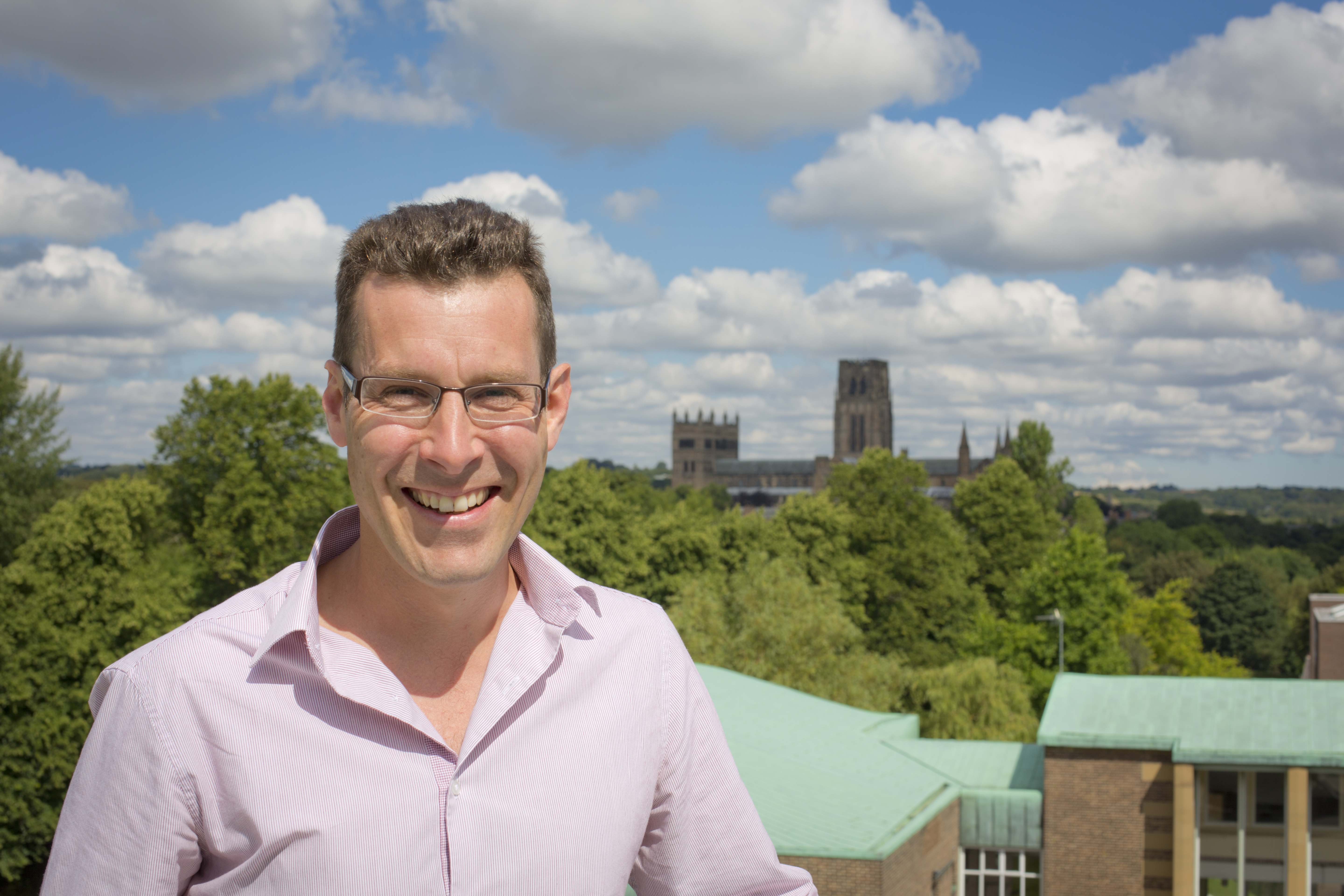Prof Simon Cornish to lead International Collaboration on “Developing Molecular Quantum Technologies”

Ultracold molecules hold great promise for a variety of quantum technologies, including a new generation of quantum computers and quantum simulators. Prof Simon Cornish will lead a new £1.6 million International Collaboration funded by EPSRC that aims to deliver this vision.
Ultracold molecules, cooled to within a millionth of a degree of absolute zero, hold great promise for a variety of quantum technologies. The rich internal structure and long-range interactions of molecules make them particularly suited as the building blocks of a new generation of quantum computers and quantum simulators. Prof Simon Cornish will lead a new international collaboration that aims to overcome the scientific and technical challenges that lie between current experimental platforms and these exciting applications.
The academic partners in the collaboration are:
- Imperial College London
- University of Oxford
- Harvard University (USA)
- JILA at the University of Colorado Boulder (USA)
The team aims to learn how to control interactions and collisions between molecules and atoms, to further cool molecules to the lowest motional trap states. They plan to prepare molecules in optical lattices utilising many particles that would share their quantum state and act together, enabling the simulation of novel quantum phenomena beyond the reach of classical machines. They also aim to develop new ways of assembling and storing individual molecules in arrays of optical tweezer traps. This approach will allow quantum gate operations between neighbouring molecules to be engineered, the essential ingredient for a molecule-based quantum computer.
The project is one of 12 funded by a £17 million investment from the Engineering and Physical Sciences Research Council (EPSRC), part of UK Research and Innovation (UKRI). Each project brings together some of the world’s leading research groups, in the UK and internationally, to catalyse cutting-edge research and develop engineering and technological applications.
Science Minister George Freeman said:
“From improving cancer treatment and generating clean growth to designing the communication networks of tomorrow, UK science, technology and innovation is developing pioneering solutions to some of the world’s greatest challenges.
These 12 international projects will harness the expertise of the UK’s world-leading researchers and global collaborators, helping us accelerate our path to an innovation nation and underline our position as a science superpower.”
EPSRC Executive Chair Professor Dame Lynn Gladden said:
“From better, cheaper medicines to powerful quantum computers and next-generation communications networks, these new technologies have the potential to transform the way we live.
By bringing together world-leading researchers to deliver ground-breaking science and engineering solutions, these projects will generate impact that will be felt across all of society.”
To see the full press release go to https://www.ukri.org/news/international-collaborations-to-develop-technologies-of-tomorrow/?utm_medium=email&utm_source=govdelivery


/prod01/prodbucket01/media/durham-university/departments-/physics/teaching-labs/VT2A9034-1998X733.jpeg)